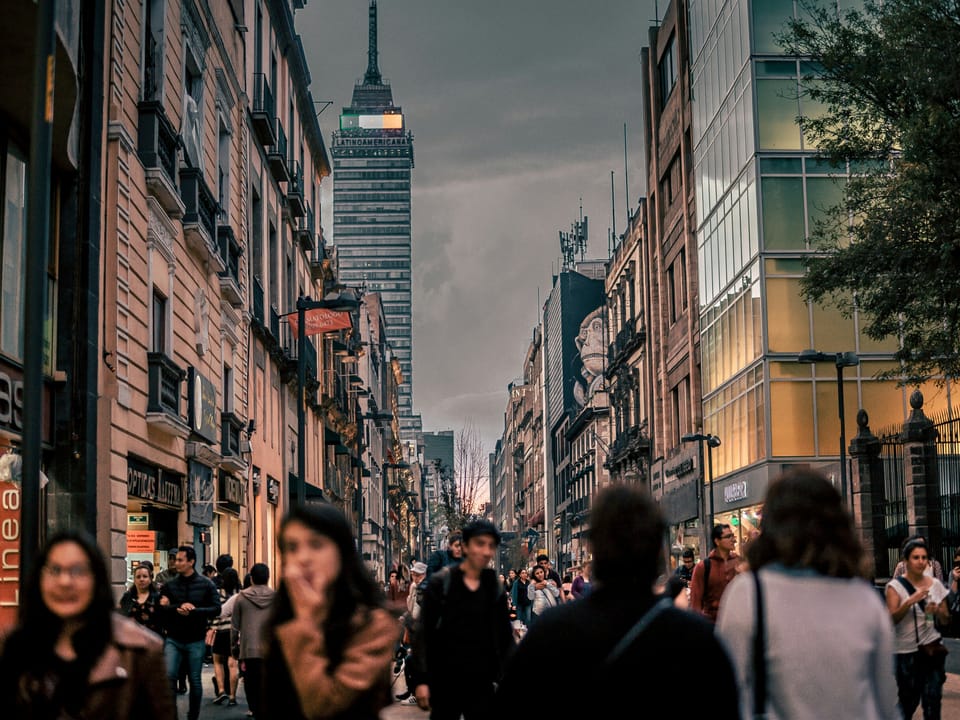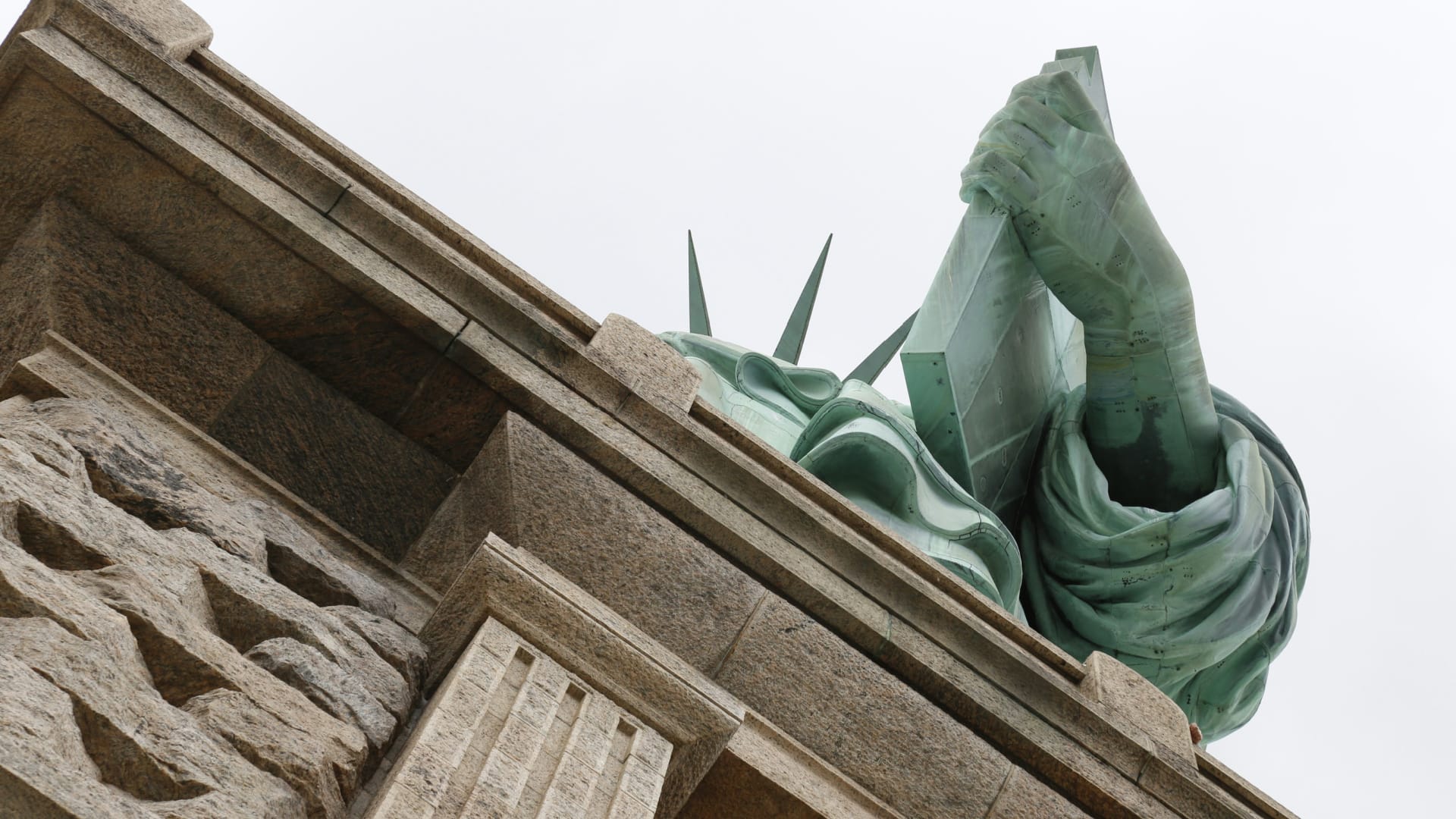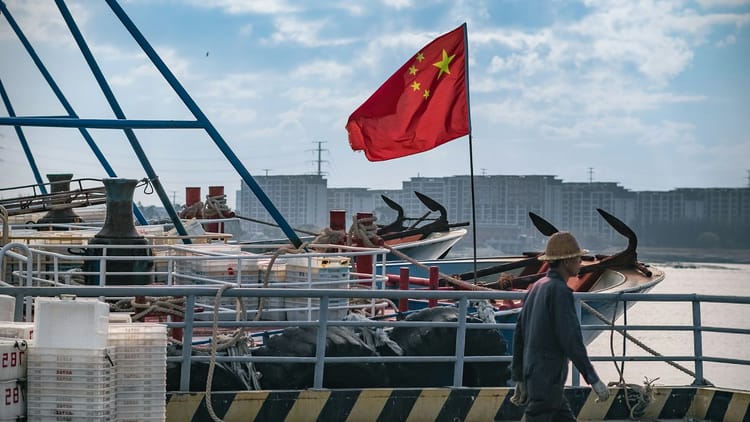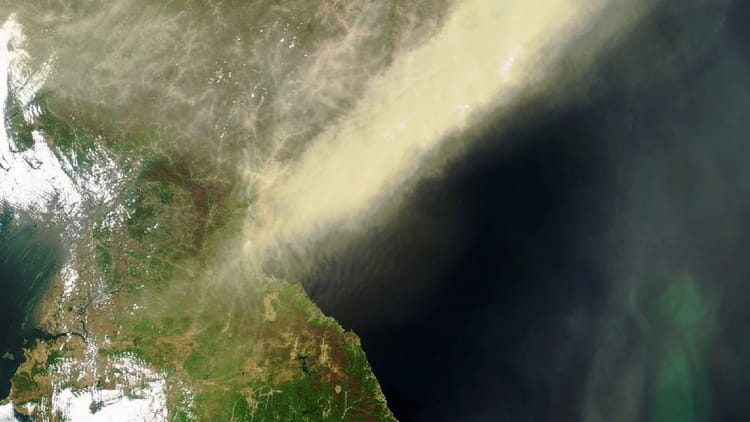The great migration

Last year, as Christmas approached, hundreds of thousands of men, women, and children made their way north, toward the arid frontier between Mexico and the United States. The U.S. Border Patrol recorded nearly a quarter of a million encounters with migrants there in December—the most of any month in history. Last year broke records for the number of migrants apprehended at the border. So did the year before that. And the year before that.
The U.S. isn’t alone. More than 146,000 people applied for asylum in Canada in 2023, a record—and over 1.5 times the previous record, set in 2022. More than 1.1 million applied in the EU, the highest figure since the influx of refugees from the Syrian civil war in 2015-16. In the past three years, about 15 million people have sought new lives in the world’s wealthiest countries. It’s the biggest surge in a century.
With many citizens across the West becoming more anxious about immigration—the issue having fueled support for populist-right parties and candidates for years now—more of their governments are tightening restrictions on it. Those who’ve left their home countries, meanwhile, face dislocation, difficult journeys, and often lasting trauma. Others fare worse. Last year was the deadliest year ever for migrants. More than 8,500 died en route. So why are so many people on the move?
Rebecca Hamlin is a professor of legal studies and political science at the University of Massachusetts Amherst, and the author of two books on migration, Let Me Be a Refugee and Crossing. When it comes to migration, Hamlin says, a lot of people get a lot wrong. For one, most migrants don’t come from the world’s poorest countries. They come from countries that are no longer so poor. Usually, migrants move within their region—not to the West. And the vast majority don’t leave simply to look for better employment opportunities. Instead, they often feel forced by a combination of things—not least, violent conflict, material hardship, and climate change.
As Hamlin sees it, wealthy countries are wasting their money trying to prevent migration. Migrants, she says, aren’t deterred—even when they know the journey will be longer, harder, and more expensive. And even when they know they might die trying …
Michael Bluhm: What do we know about why so many people are leaving their home countries?






